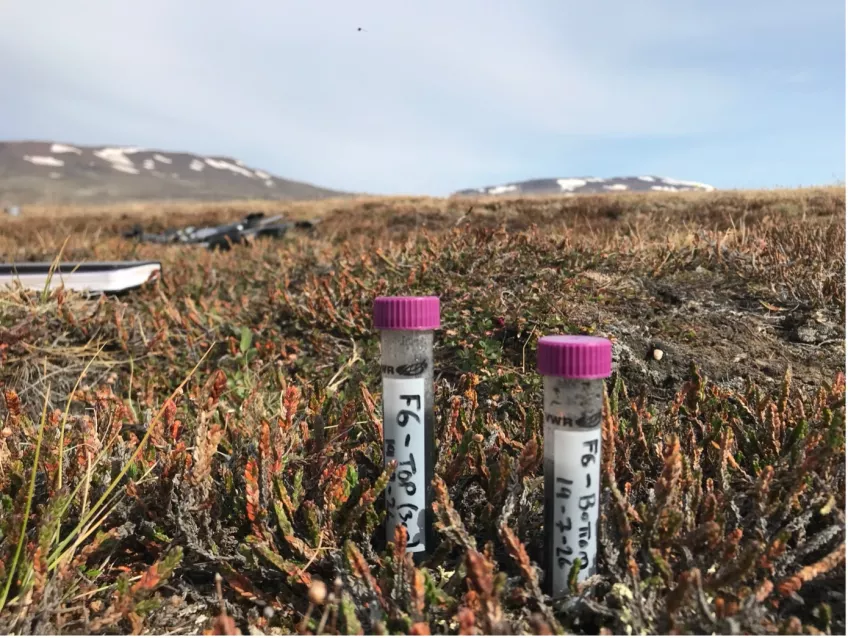Molecular Biosciences
From the green factories of nature to the invisible world of microorganisms, we delve into the intricacies of life. Our research spans plant biology, microbiology, bioinformatics, and telomere research, revealing the mysteries of life.
Molecular plant biology: Understanding nature’s green factories
Plants are not only fascinating as organisms, with an extreme ability to change shape and manage hostile environments, but they are also a crucial factor for a sustainable society by producing biological material from inorganic compounds and sunlight energy. We study how plants function from a molecular perspective. Our research focus includes especially interactions between plants and their biotic and abiotic environment, the plants’ systems for controlling growth, development, transport, and metabolism, their ability to make chlorophyll, know when to flower, and their responses to biotic and abiotic stresses, including both immediate responses and survival of ancient mass extinctions.
Microbiology: Unveiling the invisible world
Prokaryotic and eukaryotic microorganisms are of significant medical, environmental and industrial importance. We investigate fundamental cellular and molecular aspects of microbial life including cell division and biofilm formation in bacteria and anaerobic physiology of unicellular eukaryotes.
Bioinformatics and genomics: from metagenomes to complex eukaryotic genomes
Understanding the complex interactions between microorganisms and their environment is crucial for unraveling the fundamental biogeochemical processes in the ecosystems upon which we all depend. By using advanced bioinformatics approaches we can investigate genetic adaptations of microorganisms to their hosts. Furthermore, our research extends to studying the evolution of aquatic microbes such as cyanobacteria as well as complex eukaryotes. The aim is to understand how the within-species diversity influences ecologically and evolutionary important phenotypes.
Telomere research: The key to longevity and health
We also study telomeres, the protective caps at the ends of chromosomes, and telomerase, the enzyme responsible for maintaining their lengths. Telomerase activity is found in most tumour cells, suggesting that active telomerase is a prerequisite for tumour growth. We aim to clarify the structure and function of telomeres, contributing to our understanding of telomerase activity in tumorigenesis and the role of telomere shortening in ageing. Our research also focuses on developing potential combinatorial treatments for cancer therapy by uncovering the fundamental molecular mechanisms underlying alternative telomere lengthening mechanisms.
Principal investigators
All links go to the Lund University Research Portal
- Dag Ahrén
- Marita Cohn
- Klas Flärdh
- Mats Hansson
- Carin Jarl-Sunesson
- Wolfgang Knecht
- Sebastian Marquardt
- Allan Rasmusson
- Courtney Stairs
- Olivier van Aken
- Claes von Wachenfeldt
All research staff in the division of Molecular Biosciences.
Research groups
In Lund University's Research Portal, you will find our research groups which do research in the research area of molecular biosciences.




